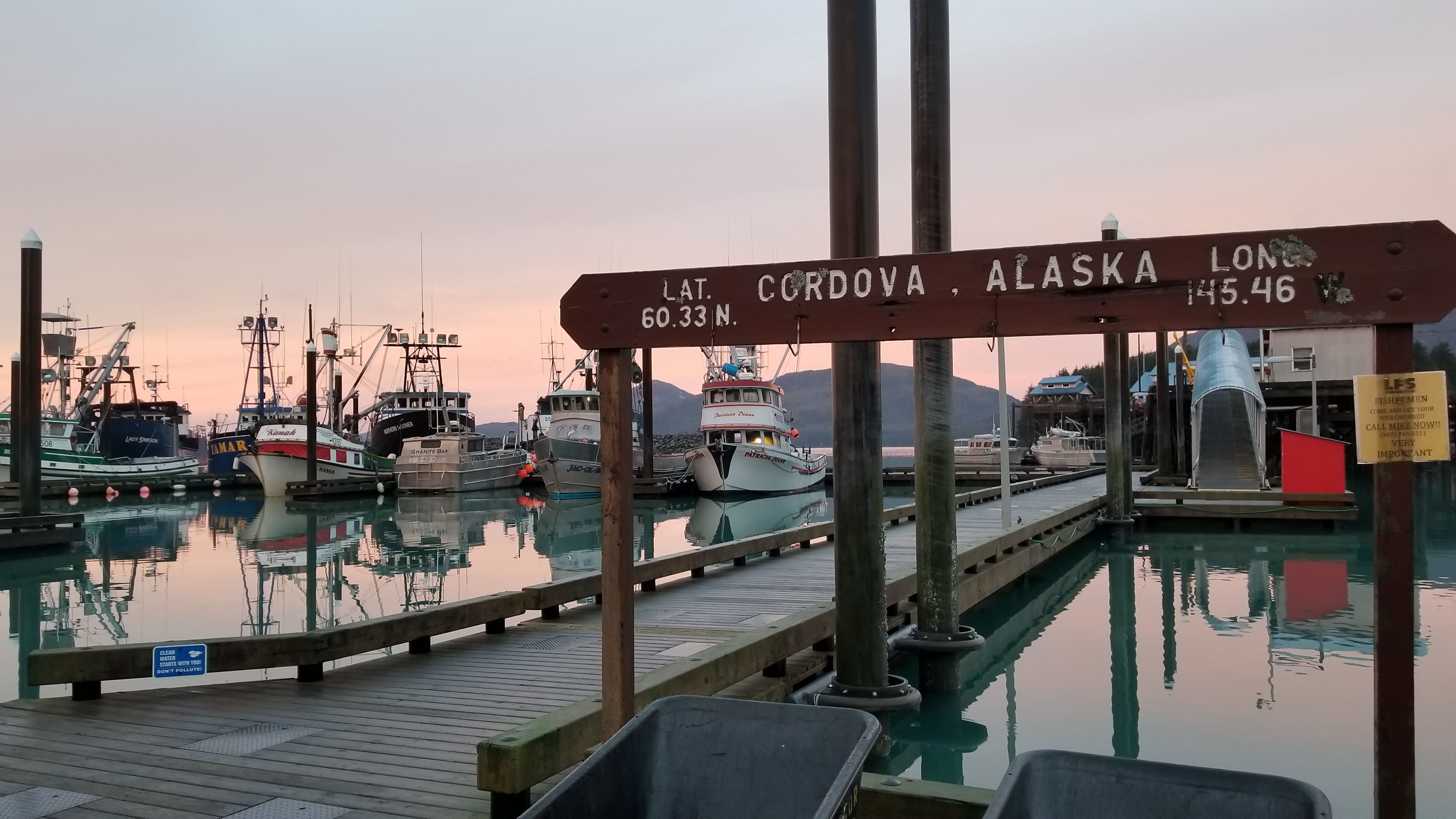MicroFEWs Team Publishes Paper on Cordova Food-Energy-Water Security

An Environmental Engineering Science paper, which was published on June 11, looks at food, energy and water security issues in Cordova, Alaska, through an energy lens. The study introduces an approach that may help remote communities in Alaska make informed decisions about the use of renewable energy to increase FEW security. In Cordova, the project specifically looks at improving food security through potential changes to powering the community’s fish processing industry.
Erin Whitney, Bill Schnabel, Srijan Aggarwal, Daisy Huang, Richard Wies and Justus Karenzi, who all work within the University of Alaska Fairbanks College of Engineering and Mines, contributed to the research paper. They were joined by University of Alaska Anchorage researchers Jennifer Schmidt and Aaron Dotson, and Henry Huntington of Huntington Consulting.
UAF researchers at the Alaska Center for Energy and Power and College of Engineering and Mines are examining food, energy and water security issues in rural Alaska with a National Science Foundation project to explore the subject.
A newly completed website and blog, along with the recently published study, are among the ways the team is exploring Alaska’s challenges with food, energy and water security. The MicroFEWs project, supported through a 3.5-year, $2.4 million NSF grant, also explores how the use of small-scale renewable energy could ease those concerns in rural Alaska.
“It’s exciting for our project team to start putting our work out there for communities and other researchers to see. We’re working on more project elements this summer and are excited to share those results in the near future,” said Erin Whitney, an ACEP researcher and one of the investigators for the project.
The MicroFEWs website highlights efforts to boost FEW security in the rural Alaska communities of Kongiganak, Tanana, Cordova and Igiugig. The site, which also includes a MicroFEWs blog, was launched to develop community engagement, evaluate local priorities, collect data and develop appropriate energy distributions models.
Cordova’s food, energy and water security are the topic of a new peer reviewed paper published by UA researchers. Photo by Amanda Byrd.



